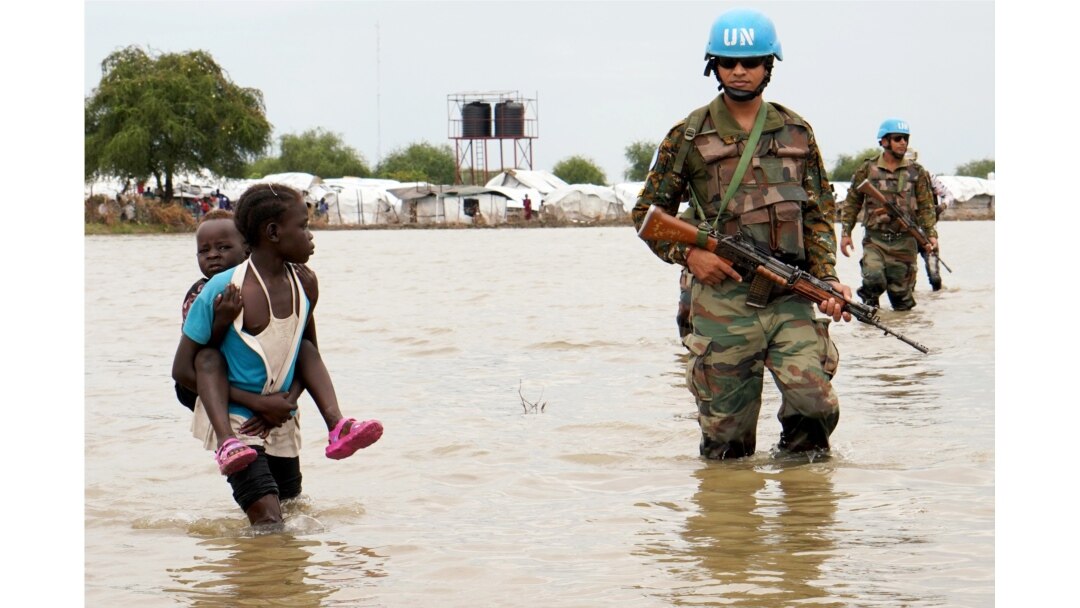Humanitarian response efforts to the hunger-stricken population in the Greater Pibor Administrative Area (GPAA), where about 30 people recently died of starvation are being hampered by heavy flooding that has cut off roads, according to the Minister of Information and Communication.
Oleyo Akuer, the Minister of Information and Communication in GPAA, said that 90 percent of the 365,342 estimated population across the six counties of Pibor, Gumuruk, Lekuangole, Vertet, Jebel Boma, and Pochalla are reliant on humanitarian food assistance.
“Right now people are unhappy because there is no access to food in different places including Pibor headquarters, and even in remote places like Jebel Boma and Pochalla,” Akuer said in an interview with The Juba Echo.
He said that the poor road network between Juba and the Greater Pibor Administrative Area has compounded ongoing efforts by humanitarian agencies to reach out to the affected population.
Akuer noted that the Greater Pibor Administrative Area had not had rains since the beginning of this year, though the rains came recently in July.
“When the rain season started roads were cut off and the main markets in Greater Pibor have run out of food stocks, the situation is bad and there is no incoming food assistance,” he said.
International charity Oxfam announced Monday that about 12 people died of starvation early this month in the Greater Pibor Administrative Area.
Manenji Mangundu, Oxfam country director in South Sudan, said in a statement earlier this week that the Greater Pibor Administrative Area situation is heart-wrenching, adding that thousands of young and old are hungry.
He noted that several children are severely malnourished because of going for days without anything to eat, adding that civilians have been forced to survive on wild vegetables and desert dates.
According to Mangundu, more than 7 million people are already facing extreme hunger, including nearly 79,000 people facing catastrophic levels of food insecurity, which is more than double that of last year.








